Results
-
£94.99
La Rodana Wind Band Set (Score & Parts)
The Spanish "Pasacalle" is a very characteristic genre of Spanish musical tradition. It resembles the march but is more majestic and represents the air of pretentiousness that is so typical for the Spanish male character of the sixties. This composition is not only an example of this kind of musical genre, but it also reminds us of the most typical Spanish celebration of all - the bullfight. Take your audience away to a balmy summer night in the bullring with this great new paso doble. 04:10
Estimated dispatch 7-14 working days
-
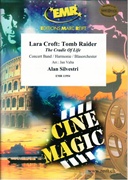 £152.00
£152.00LARA CROFT: TOMB RAIDER (Advanced Concert Band) - Silvestri, Alan - Valta, Jan
Movie: Lara Croft: Tomb Raider (The Cradle of Life) Duration: 10:15 American Grade 4
Estimated dispatch 7-14 working days
-
 £44.95
£44.95LARGO from Winter (Simply Classics Concert Band) - Vivaldi, Antonio - Turnbull, Kit
Duration 2:10 Simply Classics Grade 2
Estimated dispatch 7-14 working days
-
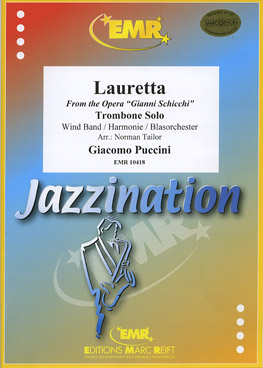 £100.00
£100.00LAURETTA (Trombone Solo with Advanced Concert Band) - Puccini, Giacomo - Tailor, Norman
Duration: 3:10
Estimated dispatch 7-14 working days
-
 £154.99
£154.99 -
£109.99
Little Suite for Peace (Concert Band - Score and Parts)
This dazzling suite portrays the side of the armed forces that is oftenoverlooked - the vital role they play as peacekeepers throughout theworld. Each of the four movements shows an aspect of military life- the precision of a military parade, the splendour of the officers ball,the sadness of remembering those who have lost their lives and thehope that someday there will be peace throughout the world. This trulycompelling work will make a great addition to any concert. 10:00
Estimated dispatch 7-14 working days
-
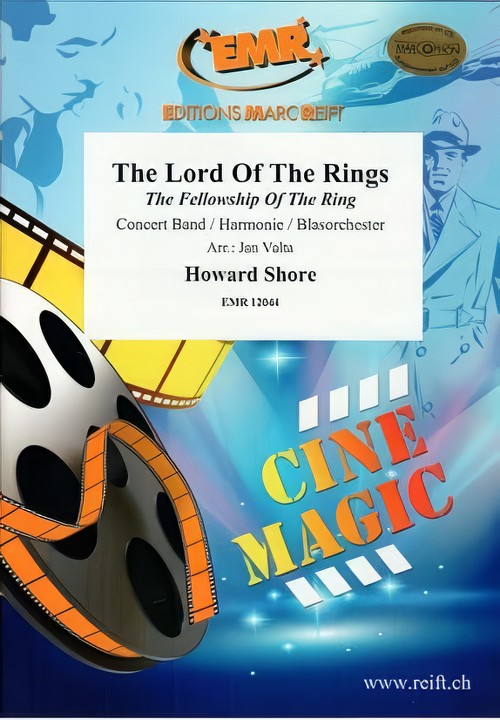 £165.00
£165.00Lord of the Rings: The Fellowship of the Ring (Concert Band - Score and Parts) - Shore, Howard - Valta, Jan
Movie: The Lord of the Rings: The Fellowship of the RingContains:Concerning HobbitsA Journey in the DarkThe Black RiderAmon HenDuration: 10:00
Estimated dispatch 7-14 working days
-
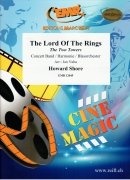 £132.10
£132.10LORD OF THE RINGS: THE TWO TOWERS (Advanced Concert Band) - Shore, Howard - Valta, Jan
Movie: The Lord of the Rings: The Two Towers Duration:10:09 American Grade 4
Estimated dispatch 7-14 working days
-
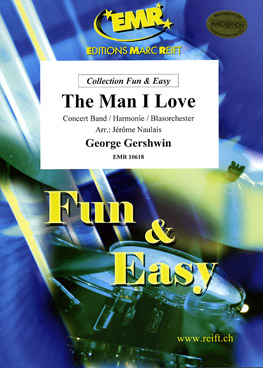 £108.10
£108.10MAN I LOVE, The (Intermediate Concert Band) - Gershwin, George - Naulais, Jerome
Duration: 3:10
Estimated dispatch 7-14 working days
-
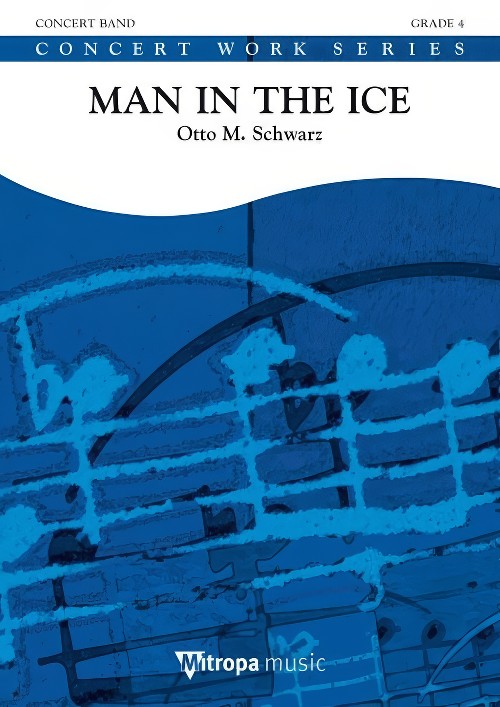 £149.99
£149.99Man in the Ice (Concert Band - Score and Parts) - Schwarz, Otto M.
On September 19th, 1991 a mummified corpse of a man was found at the Similaun glacier in the -tztler Alps. The glacier unveiled an early man after 5,300 years, with all his personal belongings. His clothes and weapons were fairly well preserved and today allow us a deeper insight into that period. Austrian nature filmmaker Kurt Mndel reconstructed the life of this man and made a film which, based on facts, shows how it might have been then. Otto M. Schwarz used this documentary as an opportunity to write a work for symphonic wind band and musically resurrect the Man in the Ice.Duration: 10:30
Estimated dispatch 7-14 working days
